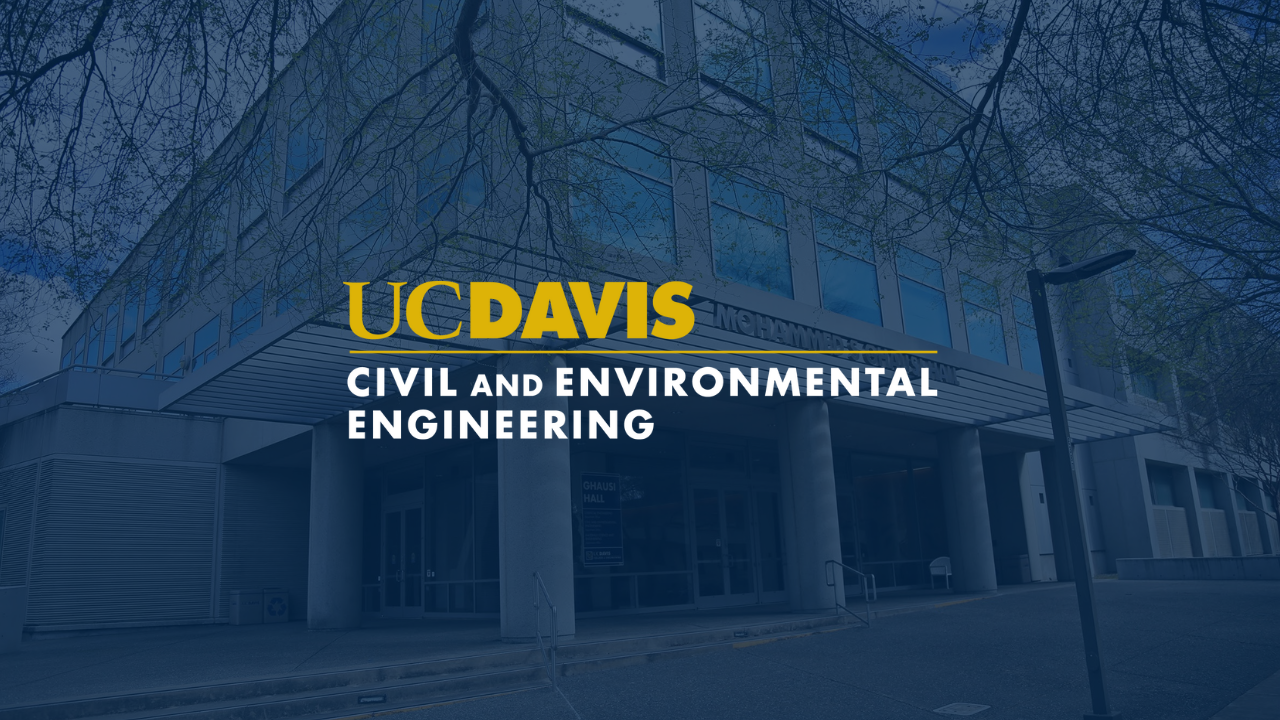
Event Date
Abstract:
Drinking water opportunistic pathogens are a growing public health concern because they can resist disinfection and proliferate in distribution and building water systems. Efforts to prevent opportunistic pathogen infections have been hindered by an absence of standardized quantification methods and an incomplete understanding of the factors that influence their occurrence. My research investigates strategies to improve the microbial quality of drinking water by viewing issues through the lens of environmental engineering and microbiology. During my Ph.D. at the University of Michigan, I employed cultivation-dependent and -independent methods to study opportunistic pathogens in full-scale drinking water systems, with a focus on nontuberculous mycobacteria, Legionella pneumophila, and free-living amoebae. These studies found that distribution and building plumbing systems can substantially influence opportunistic pathogen occurrence at the tap, and that tailored flushing strategies can reduce opportunistic pathogen concentrations. My current postdoctoral research at the University of Texas at Austin focuses on the interactions between free-living amoebae and bacterial opportunistic pathogens. Free-living amoebae serve as both predators and hosts for opportunistic pathogens, but their occurrence in drinking water systems and their specific interactions with opportunistic pathogens are not well understood. Using fundamental, mechanistic studies, I am investigating the impact of free-living amoebae on opportunistic pathogens and microbial communities, with the ultimate goal of developing bio-inspired solutions to improve drinking water quality and reduce the risk of waterborne disease.
Bio:
Dr. Katherine Dowdell is a National Science Foundation Postdoctoral Fellow in Biology at the University of Texas at Austin (UT). She received her BS and MS from the University of Colorado at Boulder (CU) in Environmental and Civil Engineering. Katherine began her research career at CU, first as an undergraduate researcher, then as a graduate researcher in the laboratory of Dr. R. Scott Summers, where she studied the removal of emerging contaminants through drinking water biofilters. She then worked for five years in environmental engineering consulting in California, with projects ranging from groundwater remediation to drinking water treatment and water reuse. During this time she also became a licensed Civil Engineer in California. Katherine received her Ph.D. in Environmental Engineering from the University of Michigan (UM) in 2022, where she was co-advised by Dr. Lutgarde Raskin in Environmental Engineering and Dr. John. J. LiPuma in Pediatrics. At UM, Katherine studied the occurrence of opportunistic pathogens in full-scale drinking water systems and developed novel methods to quantify drinking water microorganisms. Her Ph.D. work was supported by several fellowships, including the National Science Foundation Graduate Research Fellowship and a fellowship from the
Institute of International Education. Katherine is currently a postdoctoral researcher in the laboratories of Dr. Mary Jo Kirisits in Environmental Engineering and Dr. Eric Cambronne in Molecular Biosciences, where she is studying the interactions between free-living amoebae and bacterial opportunistic pathogens. Katherine’s research seeks to improve public health by deepening our understanding of drinking water engineering and microbiology.
